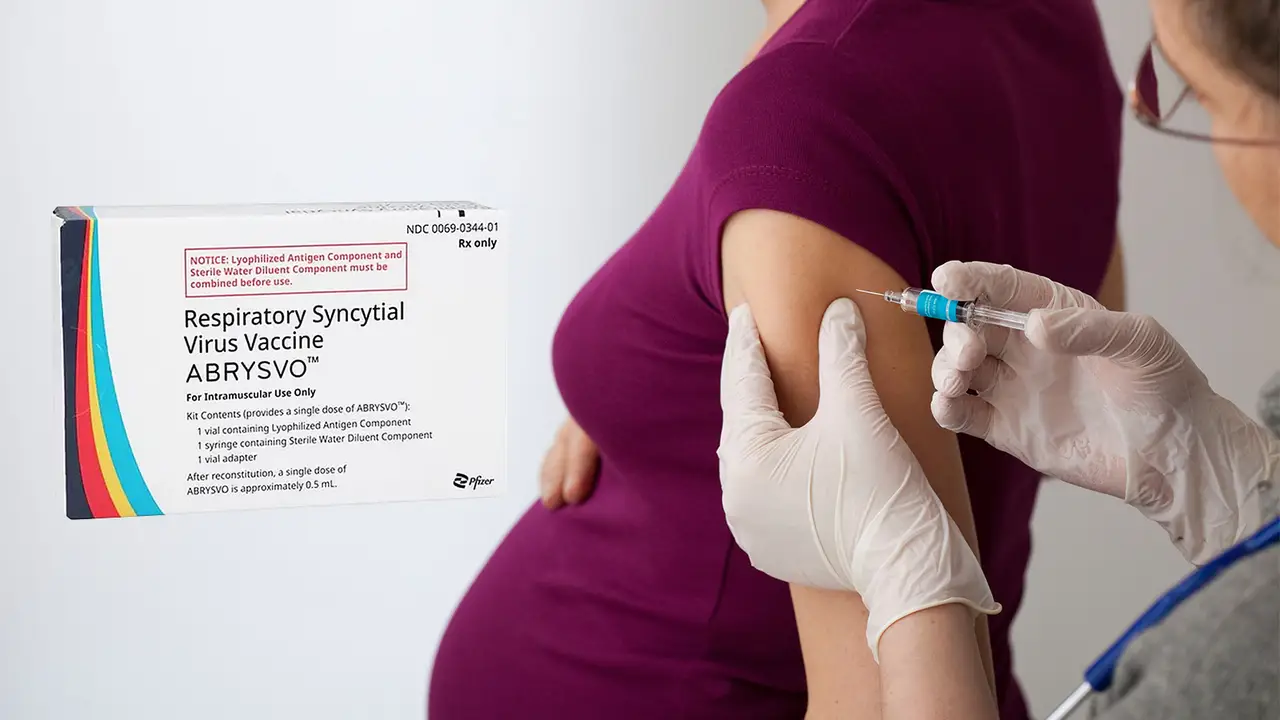
DiYES International School – ACIP Endorses Clesrovimab as part of a broader mission to reduce RSV-related hospitalizations among infants in the United States. With a decisive 5 to 2 vote, the committee recommended this antibody treatment for babies under eight months of age who lack passive immunity from maternal vaccination. This endorsement follows FDA approval of clesrovimab earlier this month and introduces new hope for families heading into the respiratory illness season. The antibody, branded as Enflonsia by Merck, works by neutralizing the virus before it can take hold in vulnerable lungs. Infants born outside of maternal vaccine coverage are at higher risk for severe disease and complications. The decision to recommend this product also coincides with its inclusion in the federal Vaccines for Children initiative, ensuring wider accessibility. By addressing a critical gap in protection, ACIP’s move signals a major leap in pediatric respiratory health and proactive disease prevention.
Despite advances in maternal vaccination, not every infant receives adequate RSV protection at birth. ACIP’s approval of clesrovimab specifically targets this vulnerable population, offering a new tool to fill immunity gaps. Pregnant individuals who miss vaccine windows, decline immunization, or face barriers to healthcare leave their newborns more susceptible to RSV during their early months. Clesrovimab delivers a direct line of antibody support to these babies, fortifying their natural defenses in the critical early stages of life. The antibody operates differently from traditional vaccines by offering immediate passive protection rather than prompting the immune system to respond over time. This mode of action suits the urgent timeline of RSV exposure in infants, especially during fall and winter. The goal is to create continuity in protection regardless of maternal coverage, ensuring no baby goes unshielded during peak respiratory threat periods.
“Read about: From Pain to Breath: Inhaled Insulin Brings Comfort to Children with Type 1 Diabetes”
The inclusion of clesrovimab in the Vaccines for Children program ensures that financial barriers will not stand in the way of access. This federal initiative provides no-cost immunizations to eligible families, including those on Medicaid or without insurance. With clesrovimab added to its list, thousands of infants from low-income households will receive protection that would otherwise be cost-prohibitive. Pediatricians and community clinics across the country will now incorporate this medication into their seasonal care plans. Distribution strategies will focus on timing and equity, with public health agencies coordinating outreach to hospitals and birthing centers. Effective implementation relies on clear communication between providers, caregivers, and insurers to track eligibility and administer the antibody ahead of RSV surges. By embedding clesrovimab into the national immunization framework, the United States reinforces its commitment to child health and equitable access to medical advancements.
“Read more: United Against Trafficking: African Union Endorses Continental Guidelines”
Clesrovimab enters the market at a time when RSV remains a leading cause of hospitalization in infants under one year old. This monoclonal antibody targets the virus’s fusion protein, preventing it from entering and infecting lung cells. Trials have shown reduced severity and hospitalization rates among treated infants. Clinicians anticipate fewer emergency visits and better clinical outcomes once the antibody sees widespread use. The treatment complements existing RSV tools, including maternal vaccines and supportive care, to form a multilayered defense. Although clesrovimab is not a cure, its role in disease prevention is seen as vital. Researchers and epidemiologists expect it to ease the seasonal burden on pediatric hospitals, particularly in high-incidence regions. As real-world data accumulates, public health experts will refine dosage recommendations and evaluate long-term benefits. This proactive model exemplifies the evolving relationship between biotechnology and frontline child health care.
The recommendation of clesrovimab by ACIP reflects growing collaboration between scientific discovery and public policy. Regulatory agencies, pharmaceutical developers, and community health leaders worked together to accelerate research, approval, and distribution planning. ACIP’s decision also highlights the importance of listening to pediatric specialists, caregivers, and health equity advocates. Clesrovimab’s availability marks a shift from reactive to preventive medicine in pediatric virology. It shows how targeted innovation can intersect with systemic support structures to maximize impact. Local clinics will now serve as key access points for treatment, reinforcing the role of community-based care. Training and educational materials will be distributed to ensure healthcare providers understand usage guidelines and eligibility criteria. With ongoing monitoring and adaptive protocols, clesrovimab’s rollout is expected to remain responsive to emerging challenges. The successful integration of this antibody into pediatric care may serve as a blueprint for future immunization and prevention strategies.